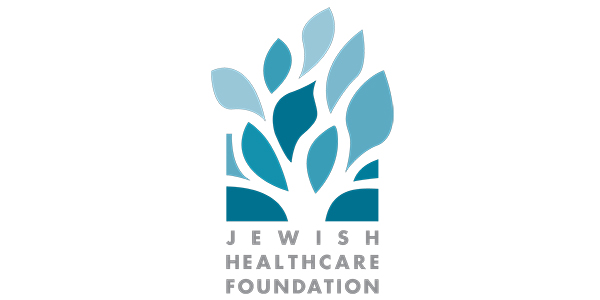
The Women’s Health Activist Movement Global (WHAMglobal) is on a mission to identify the root causes of maternal mortality and better understand how we as a region support and care for moms and families through the entirety of their care. We are dedicated to improving birth outcomes for women and babies. Maternal mortality is a public health crisis with serious disparities. In the U.S., maternal mortality rates are nearly four times higher for black women than for white women. Maternal deaths are often attributed to the U.S. high rate of untreated chronic disease and a decline in access to obstetrical care, particularly in rural areas.
The Jewish Healthcare Foundation (JHF) and its operating organization the Women’s Health Activist Movement Global (WHAMglobal) work to ensure that the needs of women and birthing people experiencing disparities in care during pregnancy and up to one year postpartum are addressed in an inclusive and equitable way by establishing partnerships with community based maternal health organizations. In 2019, JHF and WHAMglobal launched Pittsburgh: A Safer Childbirth City, an initiative that aims to transform the city into a safer, more equitable and accessible place to give birth. Bringing together community organizations and government partners, JHF coordinates a $1 million, multi-year grant to help address disparities in maternal health. The collaborative of local nonprofits works to improve coordination and quality of care among Pittsburgh service providers, train maternal health professionals, and support the local maternal health movement. Through this grant, Pittsburgh joined nine other cities across the country, as part of the inaugural cohort of the Safer Childbirth Cities Initiative created by Merck for Mothers to foster local solutions that help cities become safer and more equitable places to give birth.
The disparities in accessing maternal and child health care in Pittsburgh are alarming. In a 2015-2016 Community Health Assessment, the Allegheny County Health Department reported that of 3,348 births, black women in Pittsburgh were more likely to:
- Experience low birth weight (13.7% compared to 6.7% reported on births to white women);
- Not access prenatal care in the first trimester (12.7% compared to 10.8% reported on white women), and;
- Not breastfeed (33.6% compared to 17.9% reported on white women).
The report also found that as a whole, 88.7% of pregnant women in Allegheny County received first trimester prenatal care. However, portions of the county had significantly lower proportions, with two municipalities having only 66.7% of women receiving first trimester care.
We partner with researchers and community members working on the Pittsburgh Study’s Pregnancy Collaborative. Pitt Public Health faculty member Dr. Dara Mendez also serves on the WHAMglobal Regional Advisory.
The OBOC takeaway:
Consider opportunities where public health professionals and other advocates can support non-medicalized public health interventions, such as community-based birthing projects, doulas, and midwives to support birthing people.
Read more about our One Book, One Community partners...
2/19/2021